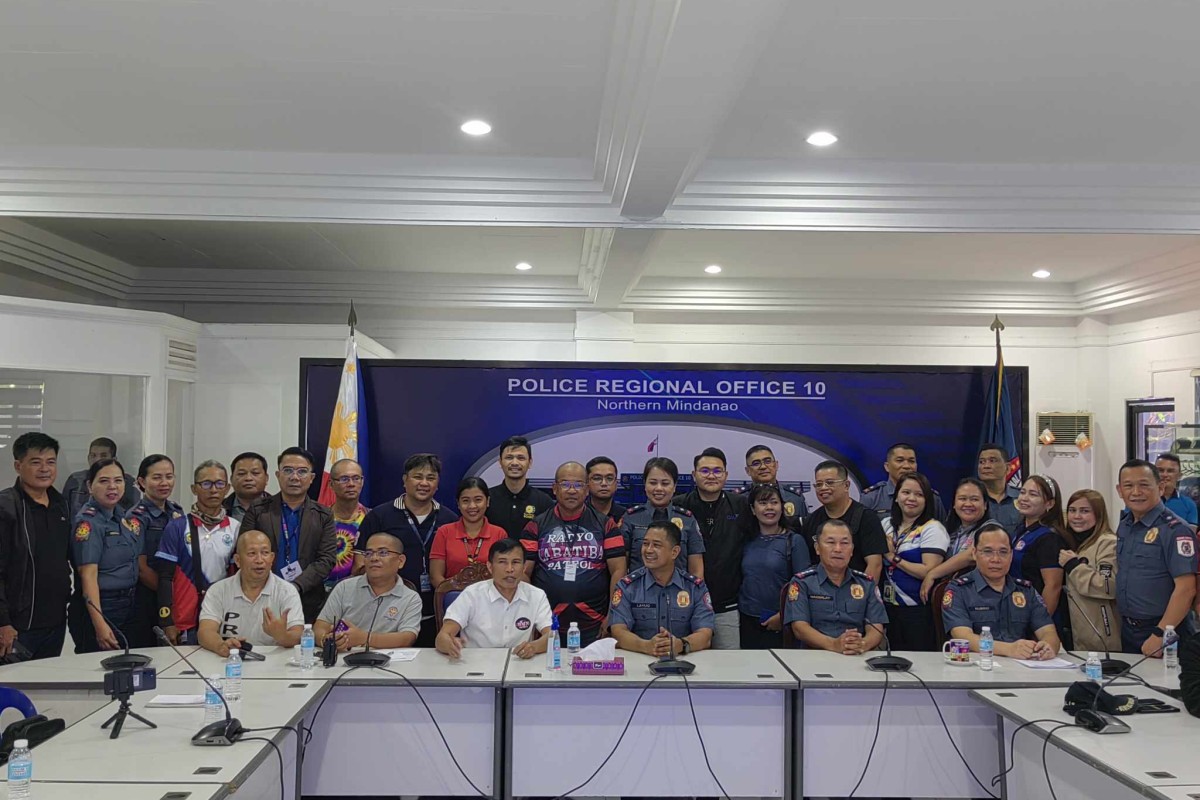MALAYBALAY CITY (PIA)-- “While the blotter is accessible to anyone, including students, media personnel should coordinate with the police records section. Although the police blotter is a public document, consent from the records officer of the day is necessary for media access,” said PMaj Glenn Abalde from the Regional Investigation and Detective Management Division (RIDMD) of the Police Regional Office (PRO)-10.
To provide fresh insight for media professionals, the PRO-10 has initiated an orientation program on the implications of Memorandum Circulars (MC) 053, or the revised media relations policy, and 037, or the police blotter and crime information reporting and analysis system (CIRAS) information access.
"Diving into the seminar's core, the initial phase dissected PNP Memorandum Circular 2020-037, simplifying the intricacies of information access on the police blotter. The session clarified the procedures and protocols journalists must follow to request and procure essential police data,” said Brig. Gen. Ricardo Layug Jr., police regional director.

Abalde, however, made it clear that media personnel can access the CIRAS via an online platform without requiring police consent.
Abalde confirmed that media organizations could freely access this police-approved information database because the CIRAS system has thoroughly checked the data that the public trusts. This meant that there was no need for separate police authorization.
Highlighting the critical partnership between law enforcement and the media, PRO-10 delved into PNP MC No. 2023-053, which lays out the updated policies and processes for building positive working relationships with the media while upholding the Constitution's guarantee of the public's access to information.
Its mission is to forge a seamless partnership between the police and media by offering clear communication and information exchange guidelines. It also intends to ensure the efficient flow of accurate, pertinent information, empowering journalists and law enforcement officers in their roles.
Reflecting on the seminar's significance, the regional police director stressed that adherence to legal protocols and ethical standards is non-negotiable.
The seminar focused solely on providing journalists with the requisite tools and knowledge to navigate the complexities of accessing critical law enforcement details while adhering to stringent data privacy and ethical frameworks.
Laying out its vision, he said police officers and media practitioners violating the law could face administrative cases under NAPOLCOM MC 2016-002 and Republic Act 6713. This stern caution reinforces the significance of responsible conduct within their professional arenas. (JMC, edited by RLRB/PIA-10/Bukidnon)




